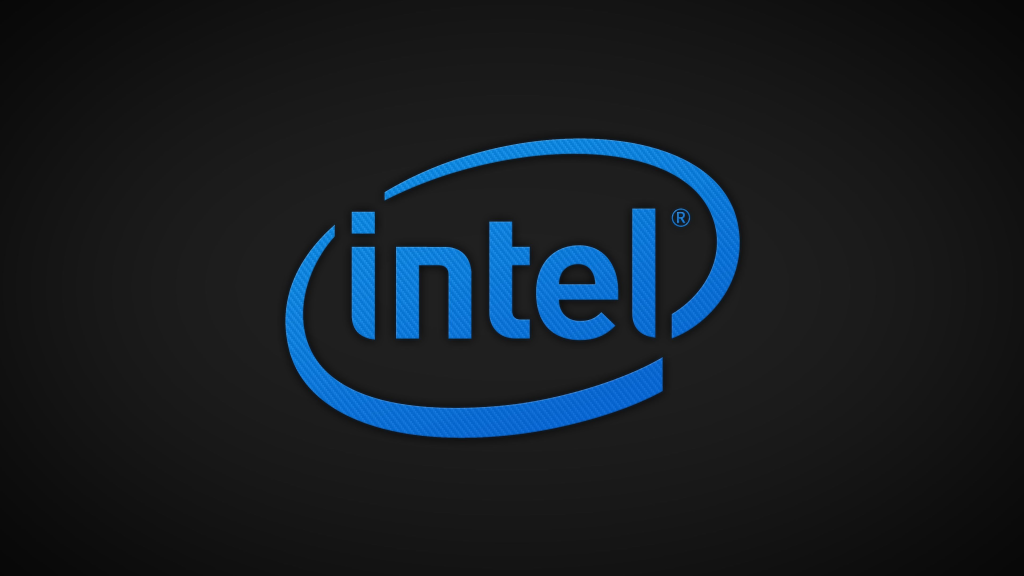A €1.06 billion EU antitrust penalty on chipmaker Intel for abuse of dominance dating back to 2009 (when it was equivalent to $1.45 billion) has been consigned to the history books after the bloc’s top court rejected the Commission’s appeal against a 2022 lower court ruling that annulled the sanction.
“The Court of Justice dismisses the Commission’s appeal, thereby upholding the judgment of the General Court,” the CJEU wrote in a press release Thursday.
The portion of the EU enforcement that failed concerned “conditional rebates” Intel provided to computer makers for using its chips. The Commission had argued that these rebates were anti-competitive, but the judges ultimately disagreed.
However, Intel hasn’t won everything: The 2022 ruling confirmed its “naked restrictions” as unlawful — practices consisting of paying PC makers to halt or delay production of products containing rival chips. The chipmaker did not appeal this finding, which is why the EU issued a new fine last fall of around $400 million.



